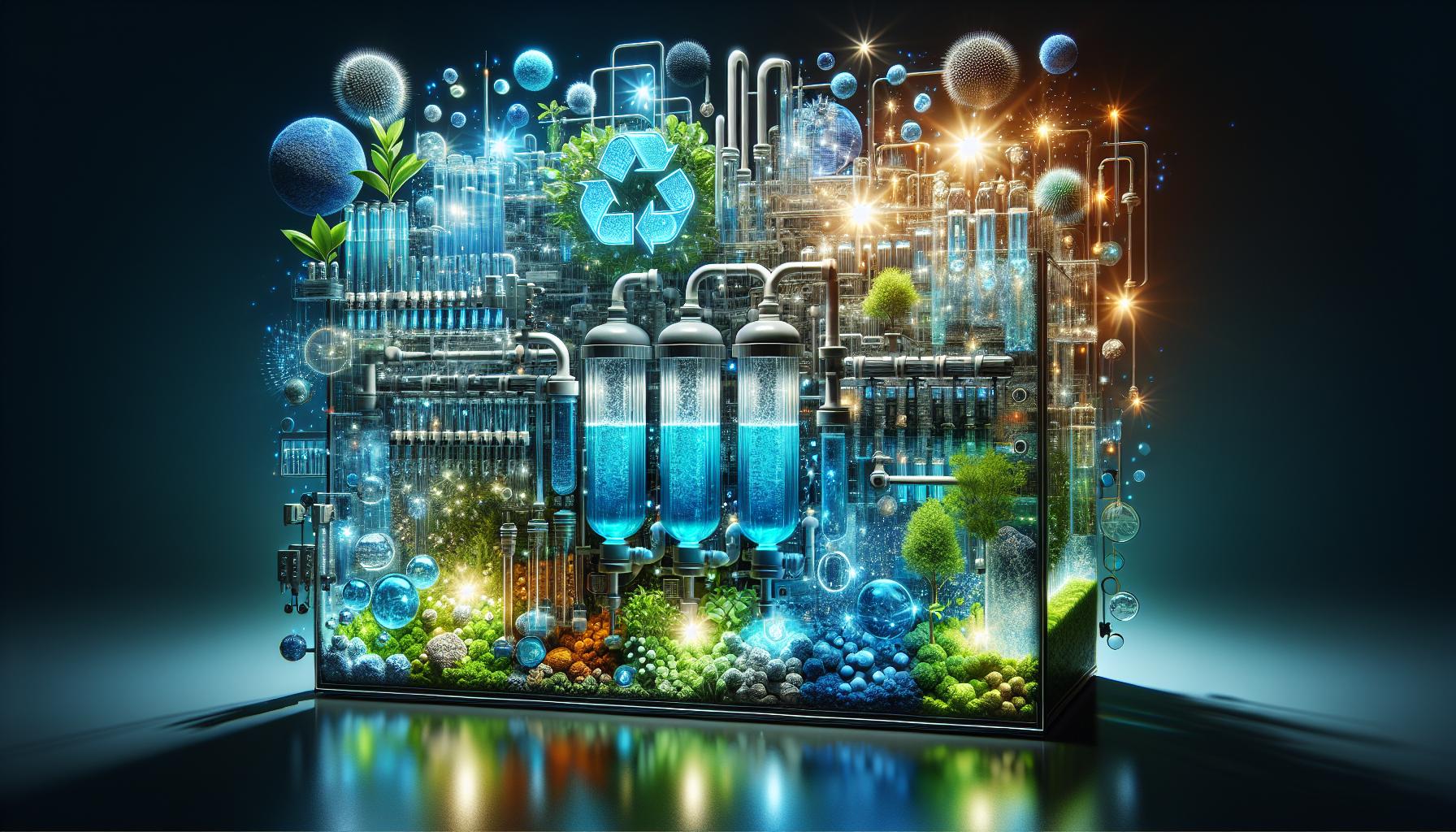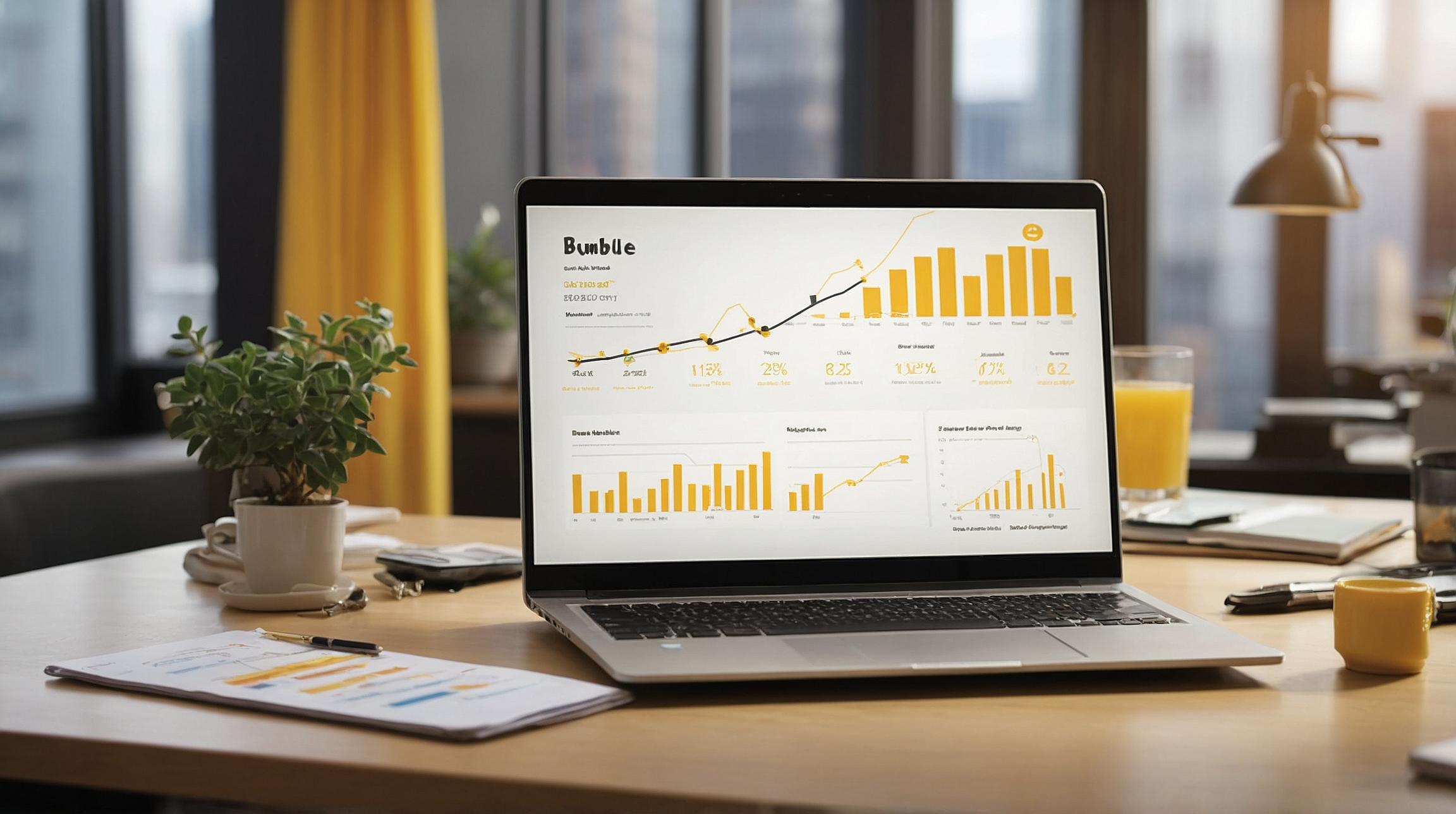Sustainable Water Filtration Systems: Eco-Friendly Solutions for Clean Drinking Water SWOT Analysis
Water is a precious resource that is essential for all forms of life to thrive. However, with the increasing pollution and growing population, access to clean drinking water has become a major concern. As a result, there is a rising demand for sustainable water filtration systems that can provide eco-friendly solutions for clean drinking water. In this article, we will conduct a SWOT analysis to examine the strengths, weaknesses, opportunities, and threats of implementing these filtration systems.
Increasing Demand: The Growing Need for Sustainable Water Filtration Systems
The demand for sustainable water filtration systems is on the rise due to several factors. First and foremost, the global population is increasing, leading to a greater strain on the available water resources. Additionally, pollution from industrial and agricultural activities is contaminating water sources, making it imperative to find effective filtration solutions. Furthermore, the awareness about the importance of clean drinking water is spreading, prompting individuals and communities to seek sustainable alternatives for their water needs.
Strengths: Examining the Environmental Benefits of Eco-Friendly Solutions
One of the major strengths of sustainable water filtration systems is their environmental benefits. Unlike traditional water filtration methods, these systems use eco-friendly technologies that do not harm the environment. They eliminate the need for chemical additives, such as chlorine, which can have harmful effects on human health and aquatic ecosystems. Additionally, sustainable filtration systems often use renewable energy sources, such as solar power, reducing their carbon footprint and promoting a greener future.
Moreover, these systems are designed to minimize water wastage. By employing advanced filtration techniques, they can effectively remove contaminants while conserving water resources. This not only helps in sustainable water management but also reduces the burden on water treatment plants and infrastructure.
Weaknesses: Challenges Faced by Sustainable Water Filtration Systems
While sustainable water filtration systems offer numerous benefits, they also face certain challenges. One of the main weaknesses is the cost associated with implementing these systems. Eco-friendly technologies and materials are often more expensive than their conventional counterparts, making it difficult for some communities and organizations to afford them. Additionally, the maintenance and operation costs of these systems can be higher, requiring skilled personnel for their upkeep.
Another weakness lies in the limited scalability of sustainable water filtration systems. While they can provide clean drinking water on a small scale, it can be challenging to implement these systems in areas with high water demand, such as densely populated cities or regions facing water scarcity. The infrastructure required for large-scale implementation can be cost-prohibitive and complex to establish.
Opportunities: Exploring Potential Growth in the Market for Clean Drinking Water
The increasing demand for clean drinking water presents several opportunities for sustainable water filtration systems. With technological advancements, the cost of eco-friendly solutions is gradually decreasing, making them more accessible to a wider audience. This opens up the possibility of expanding the market for sustainable filtration systems and reaching communities that were previously unable to afford such solutions.
Furthermore, there is a growing trend of corporate social responsibility (CSR), where businesses are increasingly investing in sustainable initiatives. This presents an opportunity for collaboration between filtration system manufacturers and corporations, creating partnerships that can bring clean drinking water to underserved communities. Such collaborations can also lead to innovations in filtration technologies and the development of more cost-effective solutions.
Threats: Overcoming Obstacles to Implementing Sustainable Filtration Solutions
While the opportunities are promising, there are also threats that need to be addressed to ensure the successful implementation of sustainable filtration solutions. One of the main threats is the lack of awareness and education about the benefits of eco-friendly water filtration systems. Many communities and individuals may not be aware of the detrimental effects of traditional filtration methods or the availability of sustainable alternatives. Overcoming this challenge requires targeted awareness campaigns and education programs to inform and empower people to make informed choices.
Another threat lies in the regulatory and policy landscape. In some regions, outdated regulations may hinder the adoption of sustainable filtration systems, favoring traditional methods instead. Addressing this challenge requires advocacy efforts to promote policy changes that support and incentivize the use of eco-friendly solutions.
In conclusion, sustainable water filtration systems offer eco-friendly solutions for clean drinking water. While they face challenges in terms of cost and scalability, the growing demand and environmental benefits provide ample opportunities for growth. By addressing the threats through awareness campaigns and policy changes, we can create a future where everyone has access to clean and sustainable drinking water.













